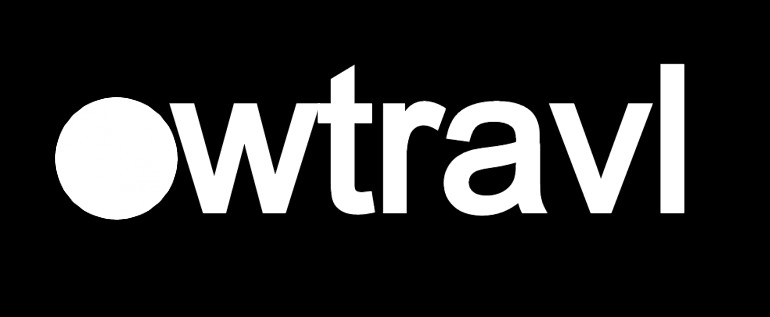What’s the best diet to prepare for marathon ?
Preparing for a marathon requires a combination of physical training, mental preparation, and proper nutrition. Among these, nutrition plays a crucial role in ensuring that your body is adequately fueled and able to perform at its best during the race. wtravl gives you the best diet when preparing for a marathon.
Before we dive into the specifics of a marathon diet, it is essential to understand the basic principles of nutrition. Your body requires three macronutrients: carbohydrates, protein, and fat. Carbohydrates provide energy, protein is necessary for building and repairing tissues, and fat helps absorb vitamins and protect organs.
Carbohydrates are especially important for marathon runners, as they provide the energy needed to sustain prolonged periods of exercise. The recommended intake of carbohydrates for endurance athletes is around 60-70% of their total caloric intake. However, it is essential to choose complex carbohydrates such as whole grains, fruits, and vegetables, rather than simple sugars found in candy and other processed foods.
Protein is also crucial for marathon runners, as it helps repair muscle damage caused by training and provides energy during prolonged exercise. The recommended intake of protein for endurance athletes is around 1.2-1.7 grams per kilogram of body weight per day. Good sources of protein include lean meats, poultry, fish, eggs, dairy products, beans, and legumes.
Fat is also essential for marathon runners, as it helps absorb vitamins and minerals, provides energy, and helps regulate body temperature. However, it is essential to choose healthy fats such as nuts, seeds, avocados, and olive oil, rather than unhealthy fats found in fried foods and processed snacks.
Now that we understand the basic principles of nutrition let’s discuss the specific diet for marathon runners.
Carbohydrates: As mentioned earlier, carbohydrates are essential for endurance athletes, and a marathon runner’s diet should consist of around 60-70% complex carbohydrates. Good sources of complex carbohydrates include whole grains such as brown rice, quinoa, and whole-wheat pasta, fruits such as bananas, apples, and oranges, and vegetables such as sweet potatoes, broccoli, and spinach.
Protein: Protein is necessary for repairing muscle damage and providing energy during prolonged exercise. Good sources of protein include lean meats such as chicken and turkey, fish such as salmon and tuna, eggs, dairy products such as milk, yogurt, and cheese, beans, and legumes such as lentils and chickpeas.
Fat: Healthy fats such as nuts, seeds, avocados, and olive oil should be a part of a marathon runner’s diet. However, it is essential to keep the intake of unhealthy fats such as fried foods and processed snacks to a minimum.
Hydration: Adequate hydration is crucial for marathon runners, as dehydration can lead to a decrease in performance and even heat stroke. It is recommended to drink at least 8-10 glasses of water per day and consume electrolyte-rich sports drinks during prolonged exercise.
Timing: Timing is crucial when it comes to marathon nutrition. It is essential to consume a pre-race meal at least 3-4 hours before the race, consisting of complex carbohydrates and a small amount of protein. During the race, it is essential to consume carbohydrates in the form of gels, sports drinks, and energy bars to maintain energy levels.
Recovery: Recovery is just as important as preparation when it comes to marathon nutrition. Consuming a post-race meal consisting of carbohydrates and protein within 30 minutes of finishing the race can help replenish glycogen stores and repair muscle damage.
In conclusion, the best diet when preparing for a marathon should consist of a combination of complex carbohydrates, protein, healthy fats, and adequate hydration. Timing is crucial, and it is essential













